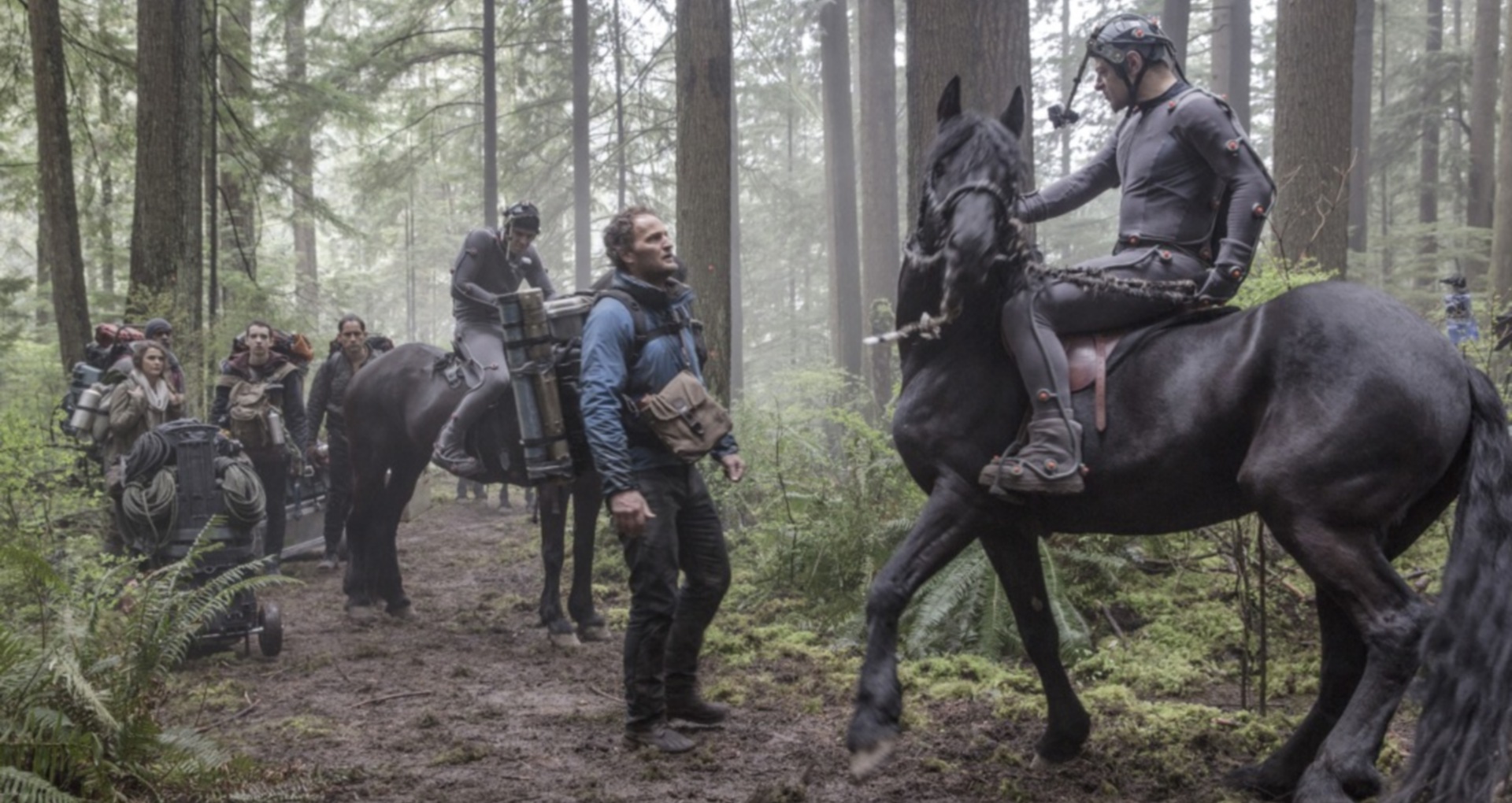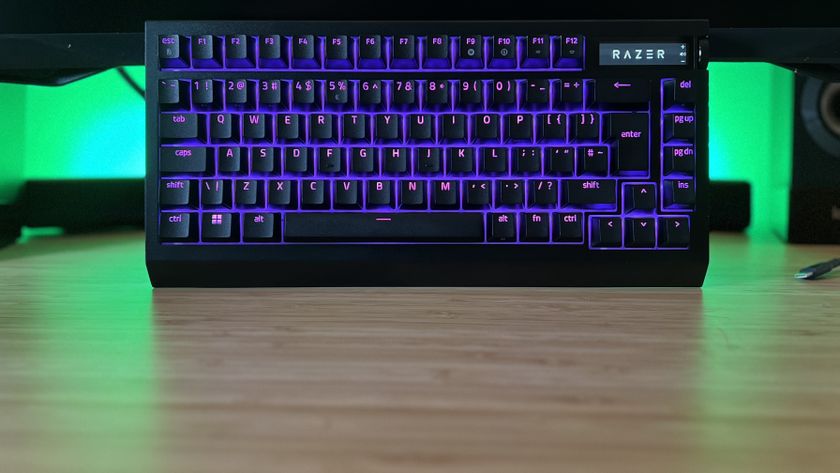Why you can trust 12DOVE
THE HAIRY FIGHTERS
What’s the difference between a dawn and a rise? If you assume that the dawn of something is its first appearance and the rise is its ascension, then the titles of 2011’s Rise Of The Planet Of The Apes and this latest instalment should really have been swapped. Setting aside this semantic rabbit hole, though, it’s fair to say that Andy Serkis has been front and centre for both the dawn and the rise of motion capture.
Gollum was the first fully realised character performed through motion capture, but he was one compelling figure out of many in The Lord Of The Rings trilogy, whereas Serkis’ wounded, dignified ape Caesar represents the first mo-cap character to surpass his human counterparts. In Dawn Of The Planet Of The Apes, it’s Caesar and his fellow primates who bring the suspense, the stakes, the emotional payoff and even much of the humour, in contrast to the underwritten people in the mix. In short, the apes are the reason to watch.
That’s a double-edged sword for Matt Reeves’ hardened sequel, which takes place 10 years on from its predecessor, in a world where a killer virus has wiped out most of human civilisation and allowed apes to rule. Interspecies tensions run high, but a small band of survivors, led by Jason Clarke’s Malcolm attempt to reconcile with Caesar and his kind, in the hopes of securing a power source for the San Francisco tower in which they live.
While the script from Mark Bomback, Rick Jaffa and Amanda Silver is never heavy-handed in its allegory, the real-world weight of Dawn’s conflict is tangible: humans carry guns out of fear, which only fosters hostility in the apes who encounter them, leading inevitably to messy standoffs. It’s via a handful of misunderstandings that the war escalates, with rage-fuelled ape Koba (Toby Kebbell) spinning lies in a bid to snatch power from Caesar. Even as the conflict becomes more and more clearly exposed as a farce, the aggressors on both sides – Gary Oldman’s essentially decent but fearful Dreyfus being the human equivalent to Koba – only grow more determined to win by any means necessary.
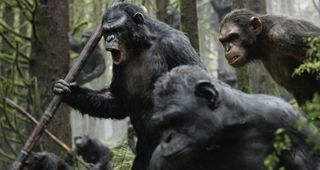
The production was beset early on by troubling behind-the-scenes rumours, with Rise director Rupert Wyatt bowing out over creative differences and (reportedly) a too-tight production schedule. Whatever the truth, there’s nothing remotely rushed about Reeves’ imposing and brutal depiction of a gutted San Francisco. Rise Of The Planet Of The Apes was all about good intentions, and Dawn paints an effectively hellish portrait of where that paved road has led.
Clarke’s hollowed-out yet hopeful Malcolm is the most nuanced of the human characters, largely by virtue of his touching dynamic with Caesar who shares his optimism and desire for peace. But Keri Russell is wasted as former CDC nurse Ellie, whose sole role is to tag supportively along behind Malcolm before disappearing for the final act, while Caesar’s simian love interest Cornelia (Judy Greer) has barely two minutes of screen time.
This is a dystopian future in which the Y chromosome holds absolute power, which you can see either as an intentional foible, or an irritating blind spot. Between the time jump and Reeves’ washed-out, bleak visuals, the more innocent world of Rise feels very distant indeed, but the emotional significance of those events is sustained. In one key moment Caesar watches decade-old footage of himself with his former human owner Will (James Franco), a bond that has echoes in the relationship that forms with Malcolm.
It’s just one of many moving, thrillingly detailed pieces of acting from Serkis, who has never been better served by the mo-cap technology. Despite its thinly drawn humans, DOTPOTA is a soulful, thrilling blockbuster packed with genuine tension and subtle political commentary, leading to a climax that elegantly combines payoff and setup.
Blu-ray offers Reeves chat-track, eight quality featurettes and deleted bits including an ape in a twiggy wig.
Extras
- Commentary (BD)
- Featurettes
- Deleted scenes (BD)
- Gallery
Emma Didbin is a writer and journalist who has contributed to 12DOVE, The New York Times, Elle, Esquire, The Hollywood Reporter, Vulture, and more. Emma can currently be found in Los Angeles where she is pursuing a career in TV writing. Emma has also penned two novels, and somehow finds the time to write scripts for Parcast – the Spotify-owned network that creates thrilling true crime and mystery podcasts.
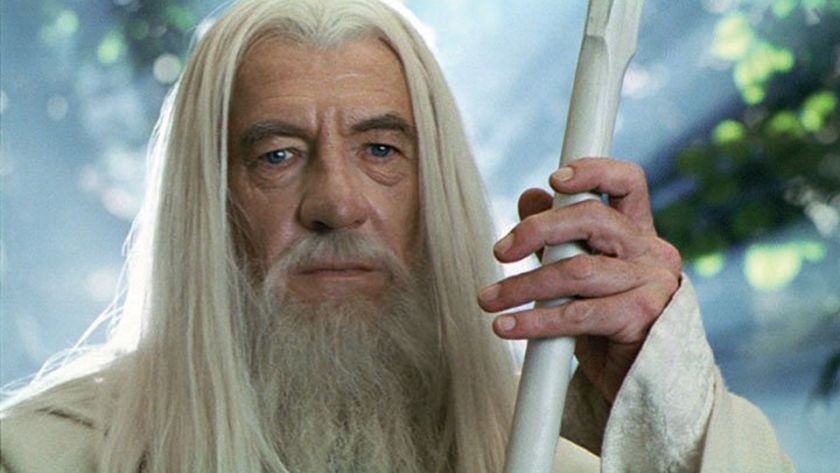
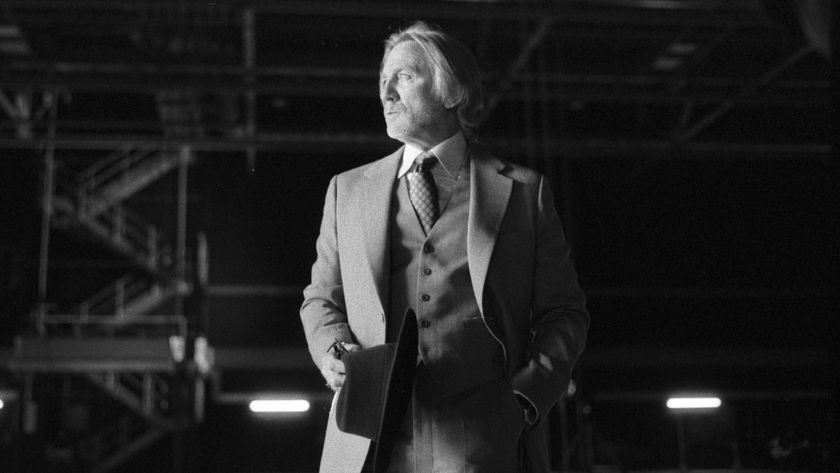
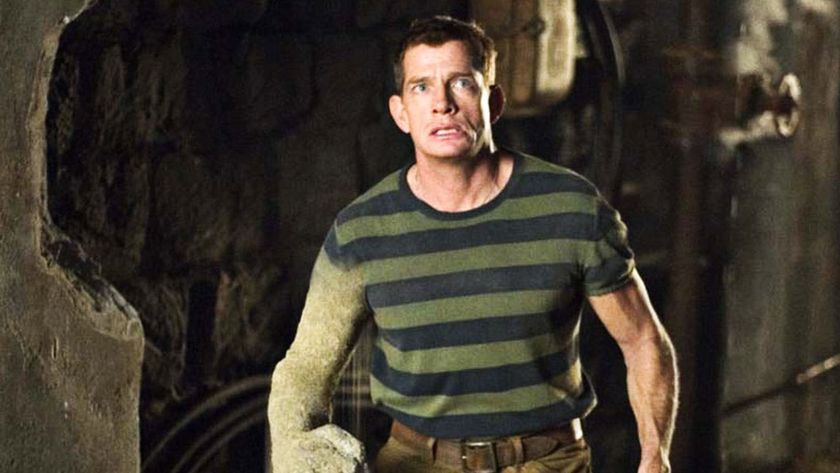
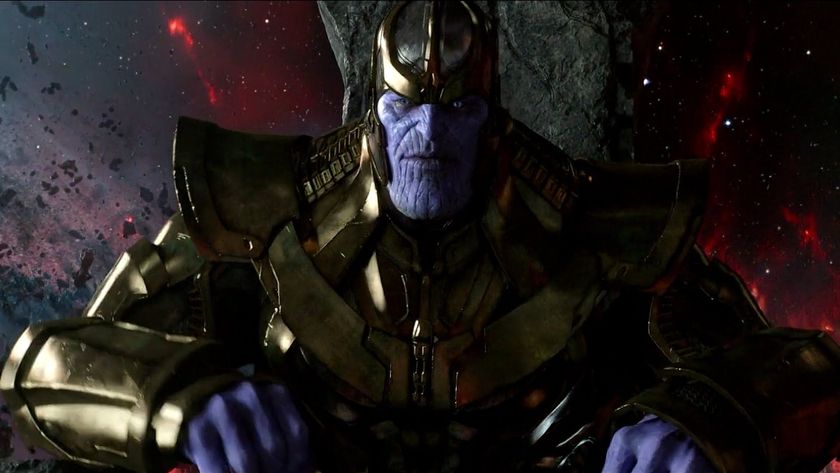
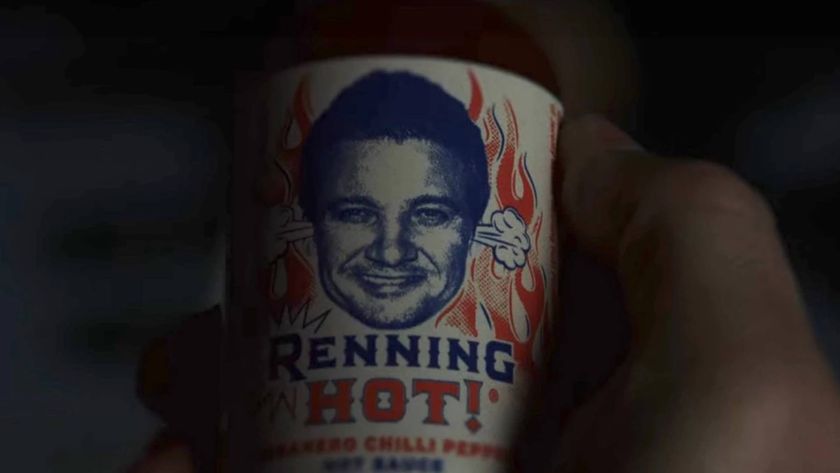
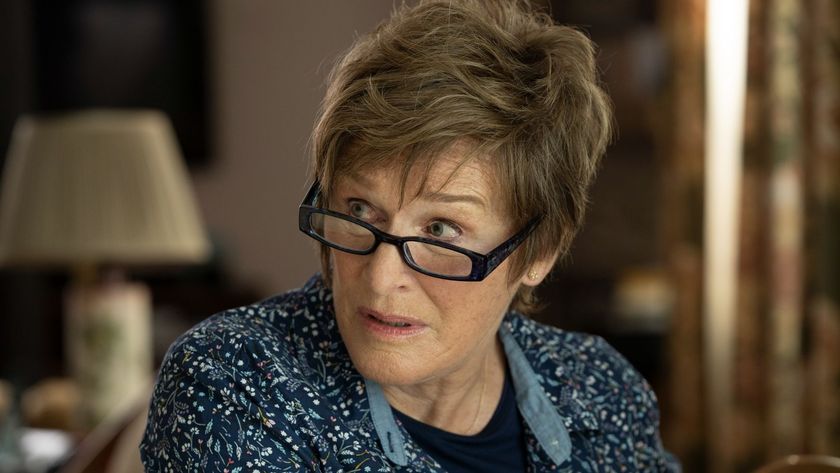






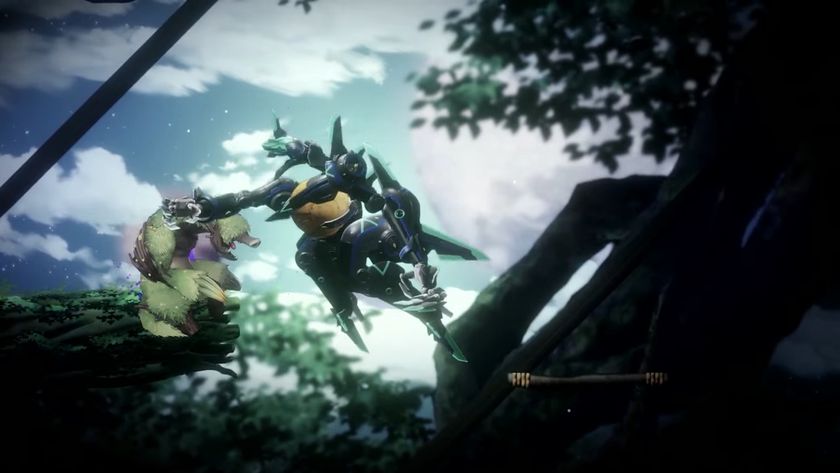
Pac-Man the gritty Metroidvania, inexplicably in the works at Amazon's Secret Level, gets a new launch date and some very dark gameplay
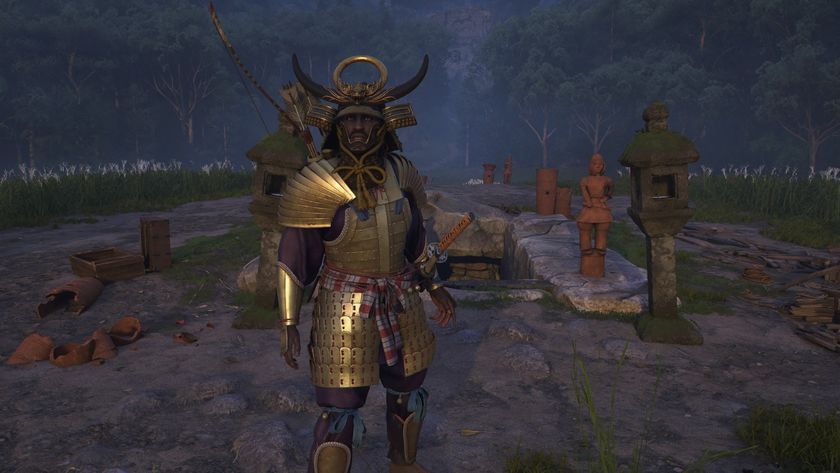
It took me over 20 hours to unlock Yasuke in Assassin's Creed Shadows, and a Kofun turned out to be the perfect training ground

Why rural British is the perfect setting for Atomfall’s unique approach to survival horror
